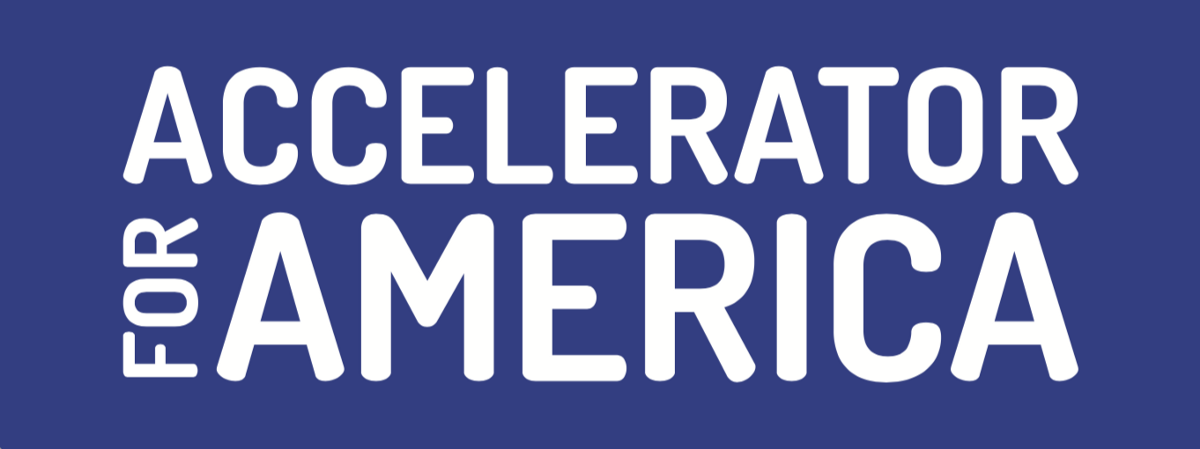LT. Governor Cyrus Habib: Complete Washington's Pathways to Higher Education
Last year, my office launched a statewide higher education program to help workers in economically vulnerable industries complete their college degrees. Here’s why:
The economic story playing out in my state is the same we see throughout the country. There is a clear dividing line between communities that have recovered and those still struggling in the aftermath of the Great Recession. That dividing line is college.
The Great Recession laid bare the vulnerabilities at the heart of the American labor market. Today’s economy favors those with college degrees – and has been unforgiving to those without. Of the 7.2 million jobs lost in the recession, nearly 80% were those that required only a high school diploma. Conversely, 99% of the jobs created post-recession went to workers with a college education. Long-term individual prosperity also tracks the college/no-college fault line: on average, those with bachelor’s degrees earn twice as much in a lifetime, and live seven years longer, than those whose highest credential is a high school diploma. For the foreseeable future, as the forces of globalization and automation continue to drive the demand for an ever more skilled workforce, the gap between workers’ skills and employers’ demands is expected to grow.
My state is a microcosm of this national dynamic. In Washington, less than half of working-age adults hold a two- or four-year college degree, while our workforce projections indicate that almost 70% of our state’s job openings in the next seven years will require a postsecondary credential. For Washington to be on track to meet the workforce demands of the immediate future, 500,000 adults will need to earn a postsecondary credential by 2023.
In my state, and throughout the country, the lesson is clear: the best insurance against economic downturn, and the best means to economic mobility, is a college degree.
Unfortunately, the populations most disadvantaged by a rapidly changing economy are those our higher education systems tend to overlook. For many working adults, college looks like an expensive four-year experience built around the lifestyle of an 18-year-old -- incompatible with childcare responsibilities, the constraints of an inflexible work schedule, and a tight budget.
My office launched the Complete Washington program as a response to these issues. Complete Washington is a replicable, state-led model for connecting working adults with viable pathways to college completion. To develop each pathway, my office identifies occupational clusters threatened by displacement or disruption, and partners with innovative institutions of higher education and industry leaders to build low-cost, high-demand degree programs tailored to the needs of workers in those industries. Each Complete Washington program is designed to address the barriers that most often prevent adults from returning to college – namely, cost, inflexible programming, and uncertain relevance to career advancement.
The first of the Complete Washington pathway models is the Apprenticeship Pathway: a bachelor’s degree program in project management designed for working adults in the building and construction trades.
Within the construction industry, the fastest-growing job is the project manager position, demand for which is expected to remain high for the next decade. In order to be competitive for this position, workers typically must have a bachelor’s degree in a related discipline. The Apprenticeship Pathway project management program will give low- and mid-skilled workers the ability to climb the career ladder within their field by qualifying them for this position, as well as the ability to transfer their skills to new endeavors if they so choose.
To deliver the program, my office has partnered with Central Washington University, which will offer the project management coursework online at a more affordable rate, and on a more flexible schedule, than its traditional on-campus programs. While the concept of distance learning is still new to some, the overwhelming and growing popularity of online programs like those offered by institutions like Western Governors University and others indicates that the cost-saving and scheduling advantages of the online modality are compelling to the student populations our program aims to serve. To ensure that the program remains true to its goal of being industry-relevant and attractive to workers, the curriculum, outreach, and prior learning policies of the Apprenticeship Pathway are developed in collaboration with the labor and industry representatives who make up the program’s steering committee. Critically, the program will award college credit for certain certified apprenticeship programs and work experiences, so that students may begin their degrees with bankable credits – rather than starting from ground zero. Through this pathway, workers in the building and construction industries will have access to a degree program that explicitly recognizes the value of their work experiences, clearly connects with their career goals, and which can be completed without sacrificing familial or job responsibilities.
My office is continuing to expand the Complete Washington model into other communities, and other industries, throughout our state. Our next focus is on healthcare, where a shortage of skilled workers persists, and where there is already a talent pool with related prior learning that can be captured.
As we seek solutions for workers struggling to find a foothold in today’s shifting economy, it is imperative that the educational programs we design meet adults where they are, and allow them to transition from career, to credential, to career again, without major disruption to their lives. With Complete Washington, our goal is to build pathways to higher education for an ever-broader cross-section of workers – so that those who have been left out of the economic gains of the past decade will have a new path to prosperity in the decades to come.

